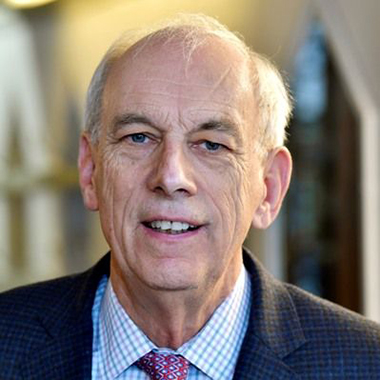The Balzan Prize designation in my case is «International Relations: History and Theory». This designation is appropriate because I am essentially a theorist. I observe the world, identify puzzles that have not been addressed successfully, and seek to develop concepts and theories that will help illuminate these issues. Since I am not an empiricist, the ultimate significance of my work depends on other scholars, with stronger empirical interests and skills, applying my concepts to illuminate important problems. For this reason, the work of graduate students whom I have advised – almost all of whom have superior empirical skills to my own – has been crucial to the impact that my theoretical work has had. My contribution is therefore only one component of a larger whole. I am pleased that the Balzan Prize Committee has appreciated this contribution.In this essay I will consider five aspects of my work. I began by seeking to understand the emergence of non-state actors in world politics and the rising economic interdependence of the Seventies. During the Eighties, I turned my theoretical attention to institutions. In the early Nineties I was intensely engaged with issues of research design in social science.
